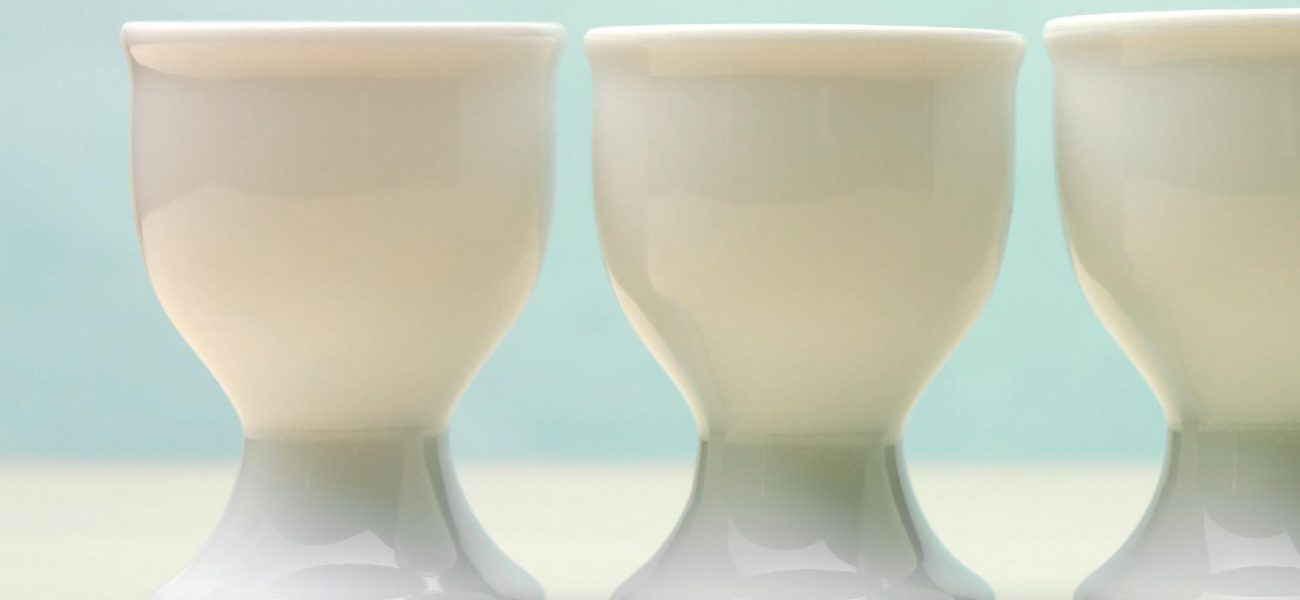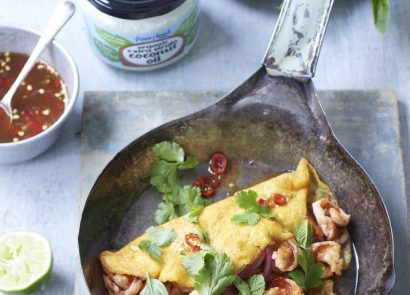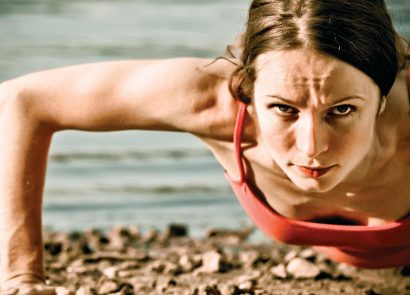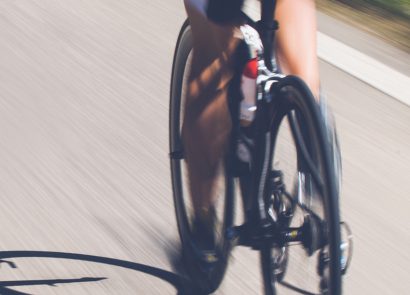Chances are, unless you favour the Atkins diet, or are indeed a bodybuilder, protein may not factor highly in your food vocabulary. Over the years, weight loss and overall health goals have been promoted by low carb, low fat and low sugar diets, leaving protein sizzling on the back burner. But in a study published in Nutrition Metabolism, dieters who increased their protein intake to 30 percent of their diet ate nearly 450 fewer calories a day and lost about 11 pounds over the 12-week study. So why do such a large portion of women still shy away from the dreaded P word? Whether it’s steak and seeds or powder and pills, the widespread belief that ingesting protein will give you muscles to rival Mr Stallone or make you tip the scales is a common misconception. With the help of nutritional therapist Eve Kalinik (evekalinik.com) we find out why we should all be upping our intake and how it can make us leaner than that turkey breast on your plate…
Chances are, unless you favour the Atkins diet, or are indeed a bodybuilder, protein may not factor highly in your food vocabulary. Over the years, weight loss and overall health goals have been promoted by low carb, low fat and low sugar diets, leaving protein sizzling on the back burner. But in a study published in Nutrition Metabolism, dieters who increased their protein intake to 30 percent of their diet ate nearly 450 fewer calories a day and lost about 11 pounds over the 12-week study. So why do such a large portion of women still shy away from the dreaded P word? Whether it’s steak and seeds or powder and pills, the widespread belief that ingesting protein will give you muscles to rival Mr Stallone or make you tip the scales is a common misconception. With the help of nutritional therapist Eve Kalinik (evekalinik.com) we find out why we should all be upping our intake and how it can make us leaner than that turkey breast on your plate…
WHY DO I NEED PROTEIN?
With up to a third of women between the ages of 20 and 40 not getting their recommended daily amount of protein (according to the US Department of Agriculture), the effects are becoming more prominent (weakened immune system, thinning hair, lack of energy). “The human body contains an estimated amount of between 10-50,000 different kinds of proteins and 17 percent of our total body weight is protein,” says Eve. “We need protein as building blocks for growth, maintenance and regeneration of cells (including bones), replacing cells in the gastrointestinal tract, supporting collagen plus keeping us at a healthy weight.” Ah yes, the hidden benefits of protein also include staving off that predictable sugar craving. Researchers from the University of Missouri found that tucking into a protein-rich breakfast will make that vending machine trip a thing of the past as it maintains better glucose and insulin levels.
“Hormones that we need for thyroid functioning, blood sugar regulation and neurotransmitters are also protein dependent,” Eve tells us. Perhaps it’s time to swap that Twirl for tuna after all.
HOW DOES IT HELP WHITTLE MY WAIST?
As soon as that piece of turkey or tofu leaves your fork your body goes into overdrive, working harder to digest and metabolise it, using more energy and torching calories in the process. As a result of this prolonged routine you’ll feel fuller for longer meaning you won’t be reaching for second helpings. But here’s the clever part: the protein will also melt fat and use the amino acids to build lean muscle keeping your metabolism humming along nicely, so if you do have that occasional small treat your body has the reserves to burn it off.
HOW DOES PROTEIN HELP MY FITNESS ROUTINE?
We’ve all seen them, know them or even are one, leaving that spin class flask in hand with a knowing look: the protein shakers. But while the majority of us make do with water and a healthy snack post-workout, the powder posse may be leading the way in recovery. “It’s very important to make sure that you have good bioavailable sources of protein to help recover and rebuild muscle tissue after exercise,” Eve says. “Resistance training in particular increases the rates of both protein synthesis and muscle breakdown for at least 24 hours afterwards but if you don’t consume a protein-rich meal soon after training then this can have entirely the reverse effect resulting in loss of muscle mass.” Yikes. In the 30-45 minute window after strength-training or cardio, our muscles are like sponges making protein a must in your recovery window to repair microtears in muscle tissue. Not only will this increase lean muscle mass to help burn calories more effectively, it’ll also leave you less sore the following day and ready to hit round two!
POST-WORKOUT PROTEIN
- Tuna on wholewheat toast
- Turkey, cheese and apple slices
- Pepper and tomato omelette
- Cottage cheese with berries and almonds
HOW MUCH PROTEIN DO I NEED?
To determine how much your body needs, use the simple ratio of 0.8g of protein per kg of body weight per day. Skew on the high end if you’re very active, and on the low end if you’re trying to lose weight. Regardless of your goals, aim for 30g at breakfast as our bodies have been fasting throughout the night and may start drawing on muscle tissue for fuel if its protein stores aren’t replaced sufficiently. “If you are eating a rich enough diet then you don’t need to supplement,” Eve tells us. “This is often a misconception, and you can have too much protein which would result in weight gain, dehydration and eventually, kidney problems.”}




















